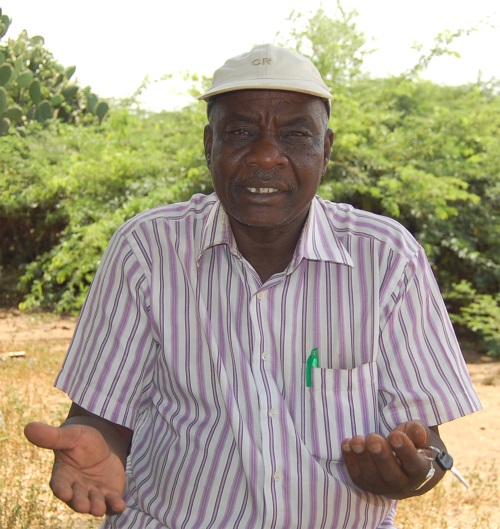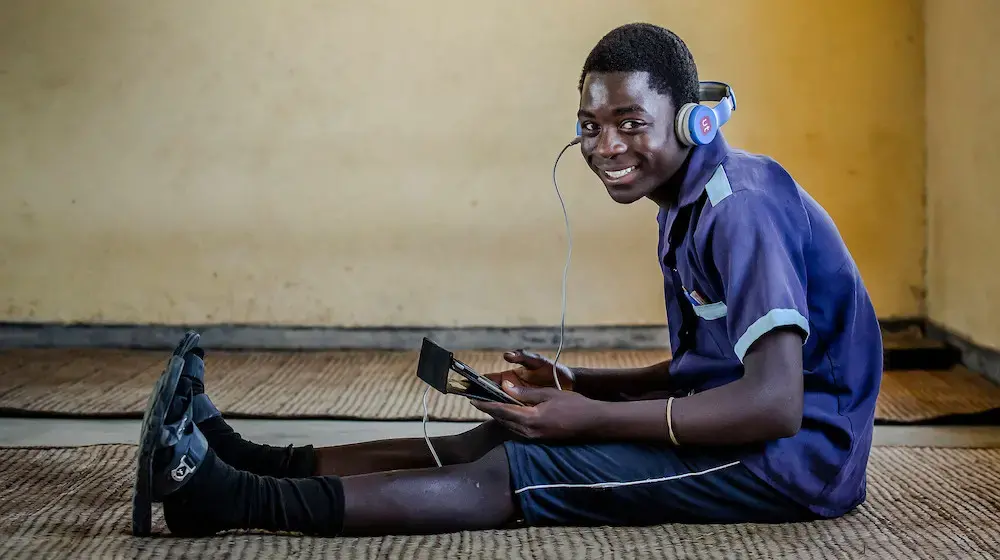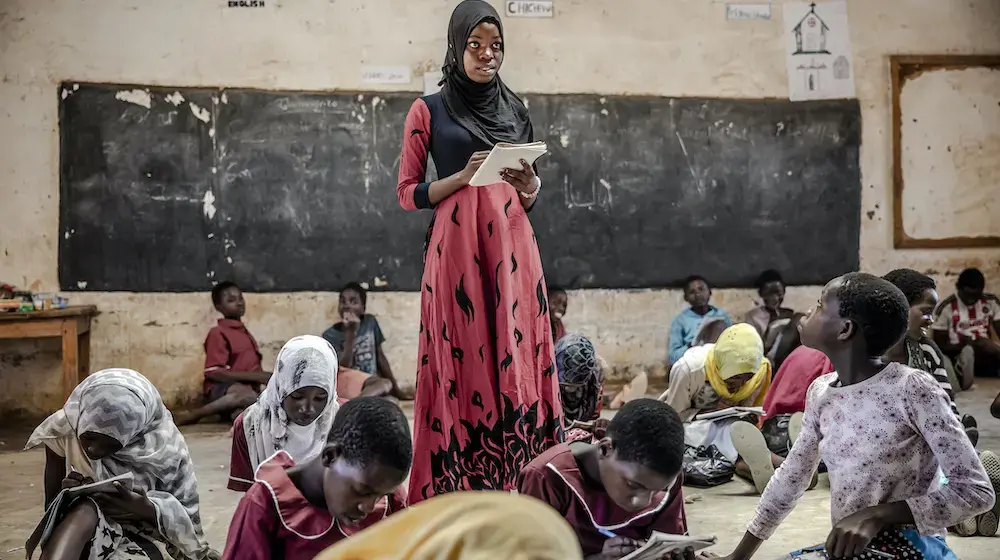MARIGAT, Kenya – As an elder among the Ilchamus, Johnson Lenapir is not used having his word contradicted – least of all by a girl.
The Ilchamus are a sub-tribe of the fiercely patriarchal Maa tribe in Kenya. A minority among Kenya’s 42 tribes, for years they have campaigned to be considered a separate tribe.
Mr. Lenapir speaks of the changes he has witnessed among his people over the years, some which he feels helpless to change, such as female genital mutilation (FGM): “I do not see any problem with circumcising our girls,” he says. “It helps them to become responsible women and I believe an uncircumcised woman is a child.”
They now know so many things – how could I compete with them? - Johnson Lenapir
High FGM prevalence among tribes

The Maasai’s FGM prevalence rate of 77 per cent (2014 Kenya Demographic and Health Survey) ranks closely behind the high rates of the Somali, (93 per cent), Samburu (86 per cent) and the Kisii (84 per cent).
Despite his belief in the practice of FGM, Mr. Lenapir concedes that those who are educated have better knowledge of its health consequences.
“I have four daughters, and the first two who never went to school are circumcised. The younger two told me they were taught in school about the bad effects of circumcision and they flatly refused to undergo the rite. They now know so many things – how could I compete with them?” he asks.
Birth attendants ‘ran away’
The older of the two uncircumcised daughters went on to university, and is now a teacher. He says her refusal to be circumcised came with a price, though. When traditional birth attendants (TBAs) were called in to assist her with the birthing of her first child, they were horrified to see she was uncircumcised, and refused to help her deliver.
Among the Ilchamus, it is believed that TBAs who deliver the baby of an uncircumcised woman will go blind.
“I understood their reluctance because that would have gone against our tradition, but luckily my daughter delivered (successfully) by herself,” says Mr. Lenapir.
Uncircumcised women barred from ceremonies
He adds that his wife, too, has borne the brunt of going against tradition. Women whose daughters have not been cut cannot participate in all ceremonies, including the circumcision of their own sons. They are also barred from taking part in wedding arrangements for their children.
When it comes to gender equality, Kenya rates relatively poorly. The country has a gender inequality index of 0,552 (2015 HDR), where an index value of 0 indicates high equality between women and men and inversely, a value of 1 indicates gender inequality.
Almost 40 per cent of women and girls above age 15 have reported experiencing physical violence (2014 DHS). Only 20 per cent of seats in Parliament are held by women.
Mr. Lenapir insists that despite pressure from the elders, he will not push his two daughters to go through the rite. He struggled to school them and will not render their education useless by resisting the change it brings, he says.
“My youngest daughter, Zenela Cherop, is now 13 and has completed her primary school education. Next week she will begin at secondary school and I am sure she will also go to university, like her sister,” he says, smiling for the first time since the interview began.
I am glad my sister spoke to our parents about the unpleasant effects of FGM and therefore my father did not pressurize me to go for the cut. – Zenela Cherop, 13
Zenela’s stand against FGM
Zenela is one of 185 girls who went through an Alternative Rites of Passage ceremony in December last year, organized by World Vision in Baringo County and supported by UNFPA Kenya.
She first attended the World Vision - Kenya training on FGM while in class six. Asked what aspect of the training convinced her to object to the cut, she says that one of the facilitators who had undergone FGM narrated how she had had a difficult childbirth and had developed a fistula.
The trends among the Ilchamus show that ensuring girls remain in school will have long-term benefits in the fight against FGM. – Florence Gachanja, Gender Analyst, UNFPA Kenya
“I am glad my sister spoke to our parents about the unpleasant effects of FGM and therefore my father did not pressurize me to go for the cut,” says Zenela.
Educating girls has proved to be a powerful weapon. “The trends among the Ilchamus show that ensuring girls remain in school will have long-term benefits in the fight against FGM,” says Florence Gachanja, Gender Analyst at UNFPA Kenya. “It is a message that is likely to receive less opposition than directly asking communities to shun FGM.”
By Bernard Muthaka





